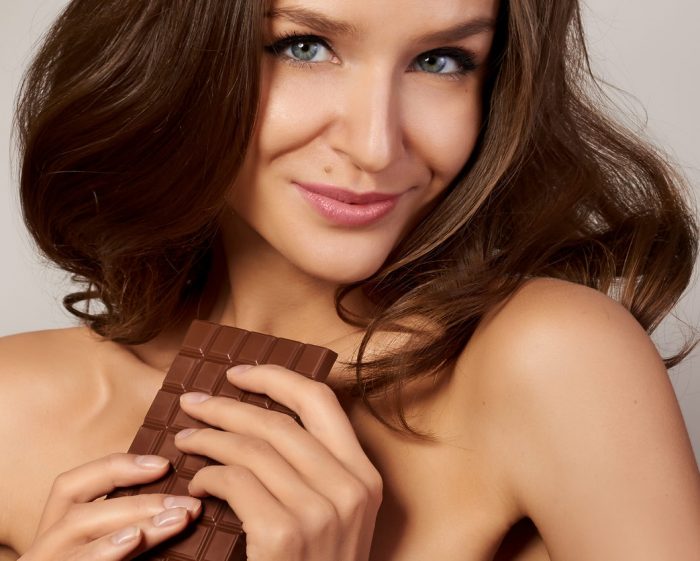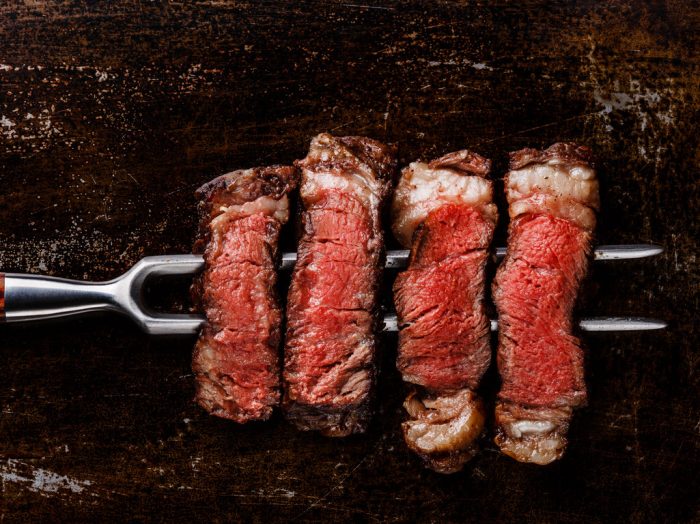Being healthy has a lot to do with genetics, but also with your lifestyle. Exercising and eating healthy foods contribute to your well-being. It’s important to know even when to eat healthy foods, because bad timing can affect your diet in a negative way.
Usually, the best time to eat fruit is in the morning, because they have plenty of sugars and give you energy for hours to come. Eating fruit for breakfast will give you the chance to burn calories until the end of the day so that you won’t gain weight. But not all fruit are good on an empty stomach.
Some vegetables should also be consumed during a specific time of the day. Take for example potatoes -they are full of carbs. So, if you don’t want to transform carbs into fat, eat them in the morning!
10 tips about when to eat some basic foods
1. Bananas
Eat bananas at lunch, because they make your immune system stronger and improve your skin. Be careful though, bananas are high in sugar. One medium banana has 110 calories, so you should burn them until evening.
Don’t eat bananas for dinner, because it may lead to mucus formation and disturb digestion. You shouldn’t eat bananas on an empty stomach.
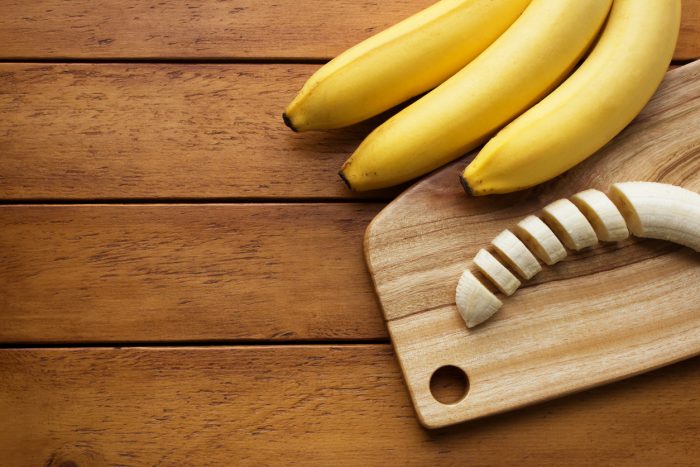
2. Apples
You should eat apples for breakfast because they contain pectin, which lowers blood sugar and cholesterol levels. One medium apple, which means one serving, has about 116 calories.
Don’t eat apples for dinner! It’s also because of the pectin, which is hard to digest at night. Apples also increase stomach acidity.
3. Oranges
Eating oranges as a snack improves your digestion and increases your metabolism. They are also a good source of vitamin C.
But don’t eat them for breakfast, because on an empty stomach they may cause irritation and gastritis. One orange has between 60 to 80 calories, depending on type and size.
4. Yogurt
It’s good to eat yogurt for dinner, not for breakfast, nor lunch. Why? Because it helps you digest dinner quicker. It also curbs late night snack cravings. A small pack of yogurt (4.4 oz./125 g) has about 60 calories.
Despite what we know, eating yogurt for breakfast isn’t good because it makes an empty stomach very acidic and has the potential to damage the stomach lining.
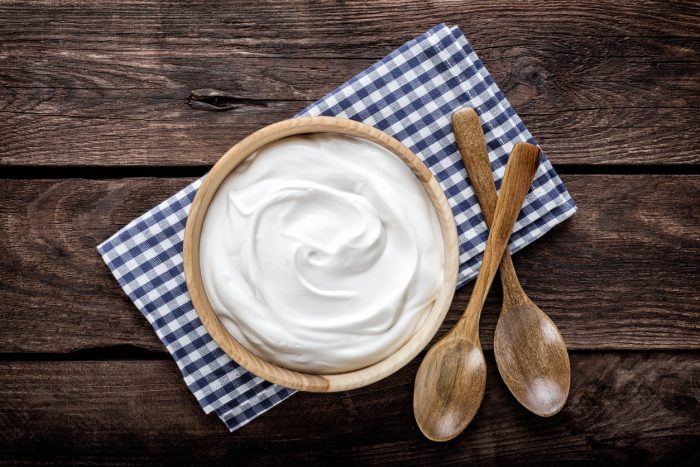
5. Potatoes
It’s important to know when to eat potatoes because they are much higher in calories than other vegetables. Eating potatoes for dinner may lead to weight gain. One large potato, boiled or baked, counts about 250-280 calories.
Potatoes are also rich in minerals. So you should eat them at breakfast, but be careful how you cook them! Don’t make French fries! You can boil or bake them in the oven! Drizzle some olive oil and aromatic herbs over them!
6. Tomatoes
Do you know when to eat tomatoes to have a better digestion and faster your metabolism? The right answer is in the morning!
Even if they are very low in calories – one medium tomato has less than 50 calories! – avoid eating tomato salad for dinner! Pectin and oxalic acid in tomatoes may cause stomach swelling.
7. Rice
Rice is high in carbohydrates and gives you energy for the whole day. That’s why you should eat it for lunch.
Eating rice in the evening can cause weight gain. One cup of cooked rice has between 180 and 240 calories.
8. Meat
If you are a carnivore, it’s best to eat meat for lunch! Meat is high in iron, it reduces fatigue and vulnerability to diseases.
Eating meat in the evening is not a good choice because it takes about 4-6 hours for your body to digest it. This can damage your digestive system.
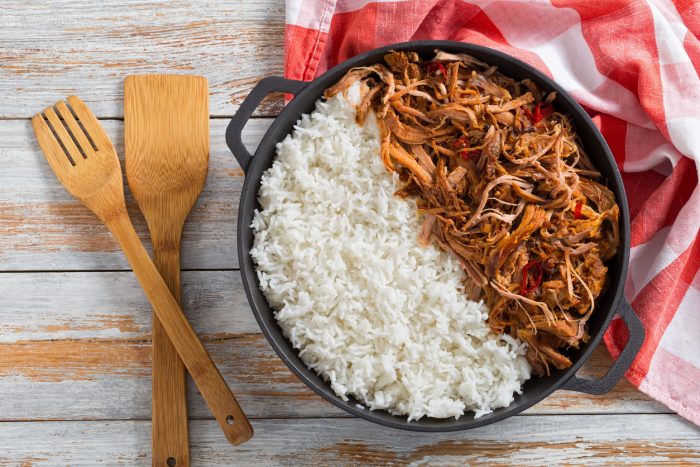
9. Nuts
Nuts are a healthy choice anytime, but it is better to have them for lunch. Walnuts, pistachio, almonds, and cashew are full of nutrients, lower the risk of high blood pressure, and keep your heart healthy.
However, be careful. Nuts are high in fats and calories, so eating them at dinner may lead to gaining weight.
10. Dark chocolate
Do you usually eat chocolate as a snack? Don’t do it anymore! Choose dark chocolate and eat it for breakfast. You’ll have a wonderful morning! Plus, dark chocolate is rich in antioxidants which reduce the aging process and the risk of heart disease.
If you eat dark chocolate later in the day, as a snack, the possibility of gaining weight is bigger. One serving of dark chocolate is about 1 oz.-1.4 oz./30-40 grams. And that means 180-200 calories!

